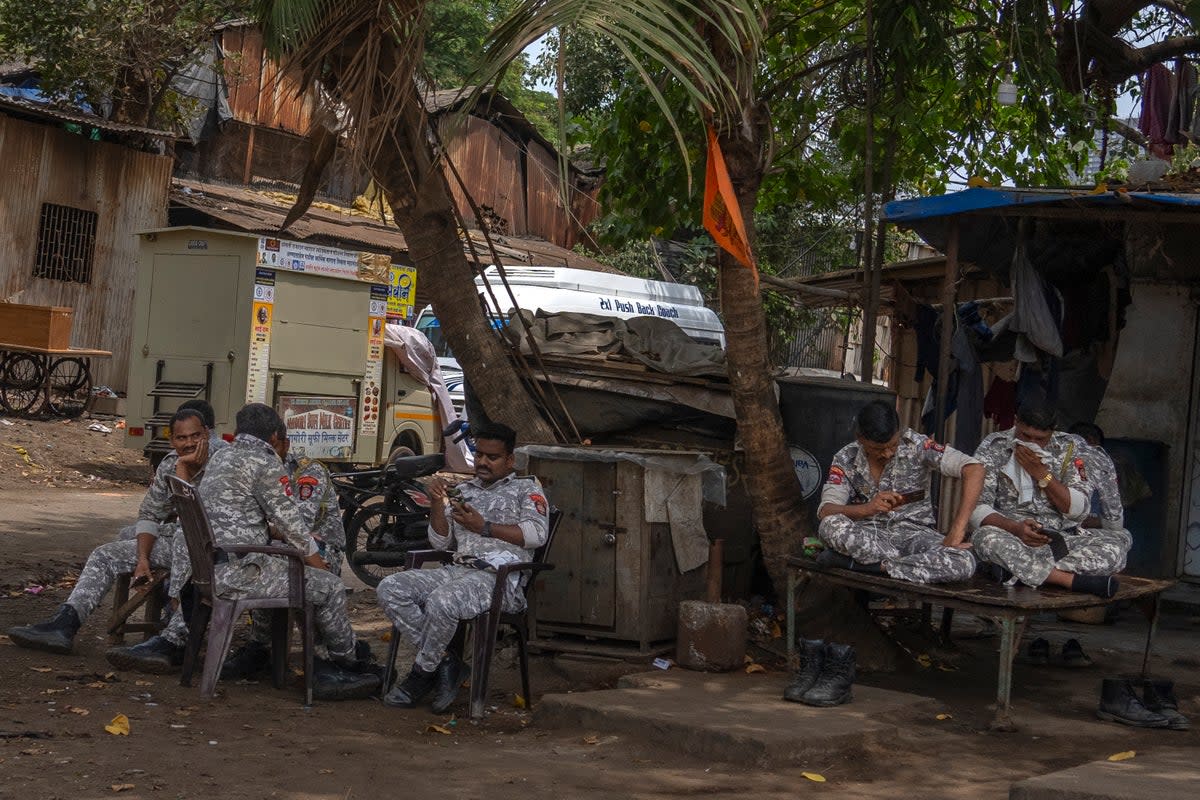India sets record as 642 million vote despite deadly heatwave

A record-breaking 642 million voters cast their ballots in India’s general election, officials announced on Monday, as the huge counting operation was due to begin despite a deadly heatwave.
The seven-phase vote – the world’s largest – began on 19 April and was held in scorching heat in many parts of the country, with temperatures rising to nearly 50C in some regions.
Exit polls predict that the incumbent prime minister Narendra Modi’s Hindu nationalist party, Bharatiya Janata Party (BJP), will win a large majority, affording Mr Modi a historic third term.
More than 200 people, including dozens of workers on election duty, have died in recent days as India sweltered under exceptional heat.
At least 33 of those who died were working at polling stations on Saturday, during the seventh and last phase of voting. Most were working as security or sanitation workers.
Election duty is compulsory in India for public sector employees, who are assigned by the election commission before voting begins.
A voter also died at a polling booth in the Sikandarpur area of Ballia city in Uttar Pradesh during the polling.
The Election Commission of India has been criticised for failing to take the heatwave warnings into consideration while planning the national elections, at which close to a billion people were eligible to vote out of a population of 1.4 billion.
“We have created a world record of 642 million proud Indian voters. This is a historic moment,” chief election commissioner Rajiv Kumar said on Monday.

Although the 2024 turnout represents a higher figure in total than the 612 million voters who cast their ballots in 2019, it is about one percentage point lower as a proportion of the population than the 67.4 per cent turnout five years ago.
Turnout among 968 million registered voters was possibly lower in the initial phases because there was no single major issue to draw voters out in the heat, analysts said.
Mr Kumar said future elections might be held a month earlier in order to avoid extreme heat.
Mr Modi’s alliance, known as the National Democratic Alliance (NDA), is expected to win a two-thirds majority in the 543-member lower house of parliament, where 272 is needed for a simple majority.
A summary of five major exit polls projected that the NDA could win between 353 and 401 seats. The opposition “India” alliance led by Rahul Gandhi’s Congress party was projected to win between 125 and 182 seats.
If voters do indeed hand Modi a rare third consecutive term, it will provide him with the political capital to push through difficult economic reforms such as easier land acquisition and labour laws for businesses, as well as measures to modernise the vast but slowing farm sector.
A two-thirds majority in parliament also opens the way for changes to India’s constitution. Mr Modi’s critics fear that his Hindu-nationalist-led alliance will seek to undermine India’s secular foundations. Mr Modi has denied having plans to change the constitution.
Counting will take place on Tuesday in each of the 543 constituencies around the country. It begins with postal ballots, followed by votes recorded by the electronic voting machines that India has used since 2000.
Result trends generally become clear by the afternoon of counting day and are reported by television news networks.
Postal votes are mostly cast by troops serving outside their home constituencies or officials away from home on election duty. This year, postal votes were also offered to voters over 85 years of age and to people with disabilities, to allow them to vote from home.
Opposition parties have in the past accused the commission of bias in favour of the BJP on issues such as violations during the campaign – charges it denies – but have not challenged the counting process or election outcomes.


